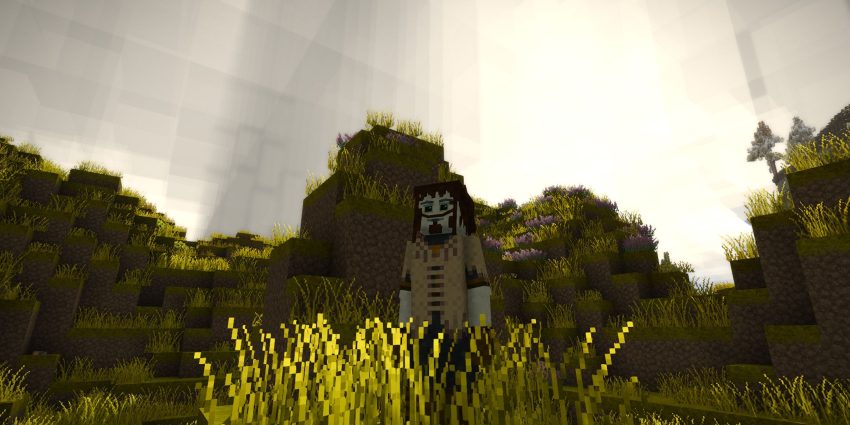A Unique Take on the Survival Genre
Vintage Story has become a new passion of mine, and I can see why it might not be widely known. It’s a niche game that doesn’t appear on Steam, instead requiring players to purchase and download it directly from its own website. This method feels like a trip back in time, reminiscent of how Minecraft was originally acquired. The experience is nostalgic, offering a sense of authenticity that modern platforms often lack.
Unlike the corporate-driven version of Minecraft we know today, Vintage Story presents a different challenge. It features a steep learning curve and is less forgiving. Players must start by gathering flint from the ground and knapping it with another stone to create a flint knife. Each fragment of flint must be carefully shaped, making the process immersive but potentially daunting for some.
Despite this, I find the game deeply engaging. What makes Vintage Story special is its attention to detail and the way it blends classic survival mechanics with unique elements. Developed by Anego Studios, it’s clearly inspired by Minecraft, but it offers a different vision of what a voxel-based survival game could be. It’s as if Mojang took a different path, and Vintage Story is the result.
A World Full of Wonder
The world of Vintage Story is rich with features that set it apart. Characters interact using sounds that resemble classical instruments, such as an oboe, adding a unique auditory element. There are cosmic horrors lurking in the void, merchants wandering the land, and the ability to chisel blocks down to their smallest segments for precise building. These details make the world feel alive and constantly intriguing.
As players progress through the game, they move from the Stone Age to the pottery age, then to the iron and steel ages. This progression involves exploring deeper, mining more, and upgrading gear. While the gameplay loop is familiar, the level of detail is remarkable. For example, the pottery system requires players to hand-form molds in their dirt hut and fire them in a kiln. Creating ingot molds and filling them with molten copper adds another layer of complexity, with careful handling required to avoid damage.
Industrial Advancements and Atmospheric Delight
Players aren’t stuck doing everything by hand forever. They can build windmills to power industry, leading to sophisticated metal manufacturing and food production. Later, players can even harness bizarre magic to enhance their world. Though I haven’t reached that point yet, the anticipation is exciting.
Vintage Story feels like a heavily-modded version of Minecraft, with more advanced tech trees, finer building options, and a more interesting world filled with lore snippets. The atmosphere is exceptional, with a soundtrack that complements the environment perfectly. The graphics, including dappled sunlight and distant mountains, along with lighting effects like flickering torchlight and sound design that changes with the environment, all contribute to a captivating experience.
Even the simple act of leaning items against walls to create a natural layout for your home adds to the charm. The dirt hut, a common starting point in survival games, feels cozy and comfortable in Vintage Story. With several types of dirt blocks available, players can create something more beautiful than the typical rectangular brown sludge found in other games.
A Game That Captures the Soul
I’m not used to a game so completely capturing my soul, especially in the survival genre, which often feels repetitive. Vintage Story, while inspired by its contemporaries, exceeds expectations with its depth and creativity. It’s a game that invites players to explore, build, and immerse themselves in a world that feels both familiar and entirely new.
